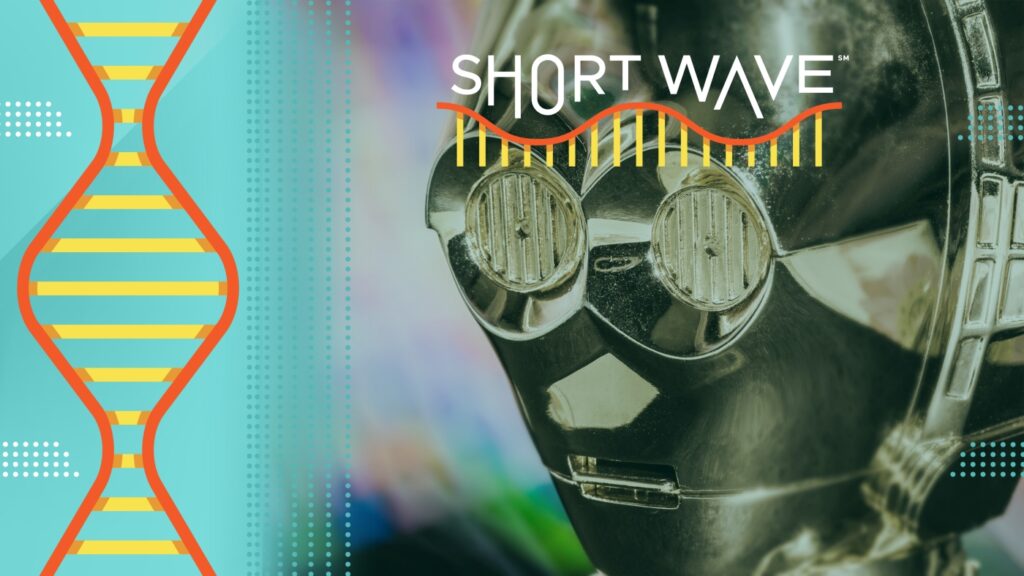
Advances in artificial intelligence (AI) have led to a surge in the development of robots designed to interact with humans. While typical AI-driven interfaces often exhibit cheerful and confident traits, a team of researchers is exploring a different approach by programming robots with more complex personalities, including neurotic and anxious characteristics.
The concept of robots displaying human-like traits has long fascinated science fiction enthusiasts, with iconic characters such as C-3PO from *Star Wars* and Marvin from *The Hitchhiker’s Guide to the Galaxy* exemplifying these unique personalities. Yet, in the real world, the majority of chatbots and AI systems are engineered to engage users in a friendly and upbeat manner. This research aims to challenge that norm and consider how a more varied emotional landscape could improve human-robot interactions.
Investigating Robot Temperament
According to NPR science correspondent Nell Greenfieldboyce, the current research delves into the potential benefits of robots that can express a wider range of emotions. By incorporating traits such as anxiety and neuroticism, developers believe robots could become more relatable to users, enhancing communication and trust.
The research team is investigating how these characteristics influence user responses and engagement. Early findings suggest that a robot’s emotional demeanor can significantly impact a user’s willingness to interact with it. For instance, a robot that portrays vulnerability may encourage users to engage more openly, fostering a deeper connection.
In addition to improving user experiences, researchers are also examining the ethical implications of designing robots with more complex personalities. The conversation raises questions about the responsibilities of developers in ensuring that these robots are used ethically and do not manipulate human emotions in harmful ways.
Future Applications and Implications
The implications of this research extend beyond mere interaction. As robots become more integrated into daily life, from customer service roles to assistance in healthcare, the ability to convey a nuanced personality could revolutionize how humans perceive and interact with technology.
While the prospect of neurotic or anxious robots may seem unconventional, it reflects a growing recognition that human emotions are diverse and complex. By embracing this complexity, developers can create robots that resonate more deeply with users, ultimately leading to more effective collaboration between humans and machines.
As this research progresses, the team hopes to share their findings with the broader scientific community, contributing to ongoing discussions about the future of AI and robotics. The potential for robots to embody a richer emotional spectrum poses exciting possibilities for the evolution of human-robot relationships.
For further insights into this topic and to follow Nell Greenfieldboyce’s reporting, listeners can access episodes of Short Wave, NPR’s science podcast, available on platforms like Spotify and Apple Podcasts. The podcast continues to explore the intersection of science and everyday life, providing engaging content for a wide audience.
This innovative approach to robot personality not only highlights the creativity of researchers but also invites society to reconsider the nature of interaction in an increasingly automated world. The journey toward developing emotionally intelligent robots is just beginning, and its outcomes could shape the future of technology and human experience.






